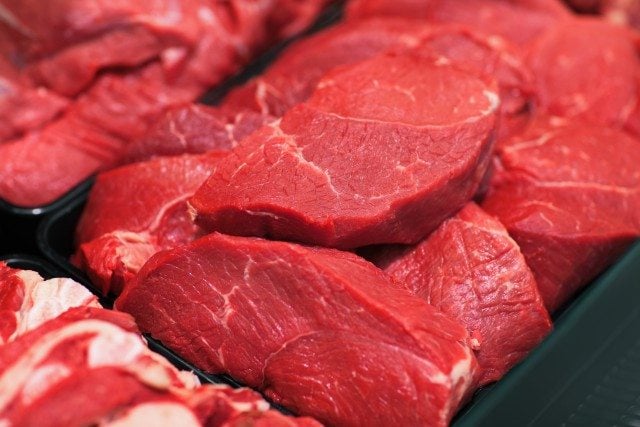The Rfresh Elite tray for meat and fish products by LINPAC Packaging has received a PackTheFuture Award, which recognizes sustainability in plastic packaging, at a ceremony held during packaging fair interpack 2014 in Dusseldorf, Germany.
Organised by ELIPSO, the French Plastic and Flexible Packaging Association, and IK, the German Plastics Packaging Association, PackTheFuture 2014 focuses on promoting the innovative and creative potential of plastic packaging to the public.
Rfresh Elite claimed its award in the Ecodesign category in which judges considered factors such as recyclability, source reduction and weight reduction.
The lightweight, mono-material Rfresh Elite tray uses a new, patented, sealant on the tray flange to create a secure seal with the lidding film, removing the need for the industry standard laminated polyethylene (PET) base film.
It creates a crystal clear tray that is 100% recyclable at the end of its service life.
The trays are manufactured from up to 95% recycled polyethylene terephthalate (rPET), which has passed through LINPAC Packaging’s food grade super cleaning system to ensure it is entirely food safe and have been developed in conjunction with the company’s Project LIFE (LIghtweighting For Excellence) initiative.
The initiative has been implemented to significantly reduce the overall weight and carbon footprint of LINPAC trays, whilst ensuring that the trays maintain performance and integrity.
“The Rfresh Elite tray offers superior efficiency and sustainability features for meat and poultry packers, and indeed helps the entire food supply chain reduce its carbon footprint and costs in handling and logistics,” said director of innovation Alan Davey.
“The removal of the PE base film, normally applied to facilitate tray sealed lidding, reduces the tray weight by up to 3% in addition to the 10% reduction delivered through the lightweighting program. This means that the carbon footprint of an Rfresh Elite tray is typically 5% less than the average rPET/PE tray.
“It took two years for the innovation team at LINPAC to develop the unique sealant which is completely food safe and has proved effective in reducing leaking packs.”
Sealant properties increase throughput
The sealant can be removed in the hot wash process employed by Europe’s PET recycling companies meaning a recycled Rfresh Elite tray will yield 100% crystal clear PET after recycling, in the same way as a clear bottle, and allows trays to enter and benefit the entire closed loop rPET supply chain.
The sealant on the tray flange is opaque, only turning clear after the lidding film has been heat sealed onto the tray.
This gives a strong visual check for the packer processors on the seal integrity of the pack.
The tray has the strongest seal strength in its class – there is a 60% improvement in burst test strength and a 24% improvement in vacuum chamber testing compared to standard PET/PE packs.
Rfresh Elite trays also require significantly lower levels of heat for sealing.
This reduces the packers’ machine energy consumption by around 15%, lowering their overall carbon footprint and in addition, the packaging is not adversely affected by the heat during the sealing cycle.
This removes the risk of rolled flanges, hour glass shape trays or poor lid film visuals which sometimes affect other lightweight PET/PE trays.
In addition, seal dwell times are reduced by up to 50% compared to standard rPET and polypropylene trays; some machines have achieved seal time savings in the region of 0.5 seconds.
This means packers can increase their throughput by about 10%, which translates to production of 10 packs more per minute or 12,000 packs per day.










